Last month, Texas Governor Greg Abbott flew out to the Republican National Convention in Milwaukee, Wisconsin and promised to continue sending border-crossing migrants on buses to blue cities as retaliation to Democrat border policies.
However, NBC reports that recently the number of apprehended migrants has dropped significantly, which is affecting Abbott’s ability to bus migrants out on a consistent basis.
Abbott’s Promise
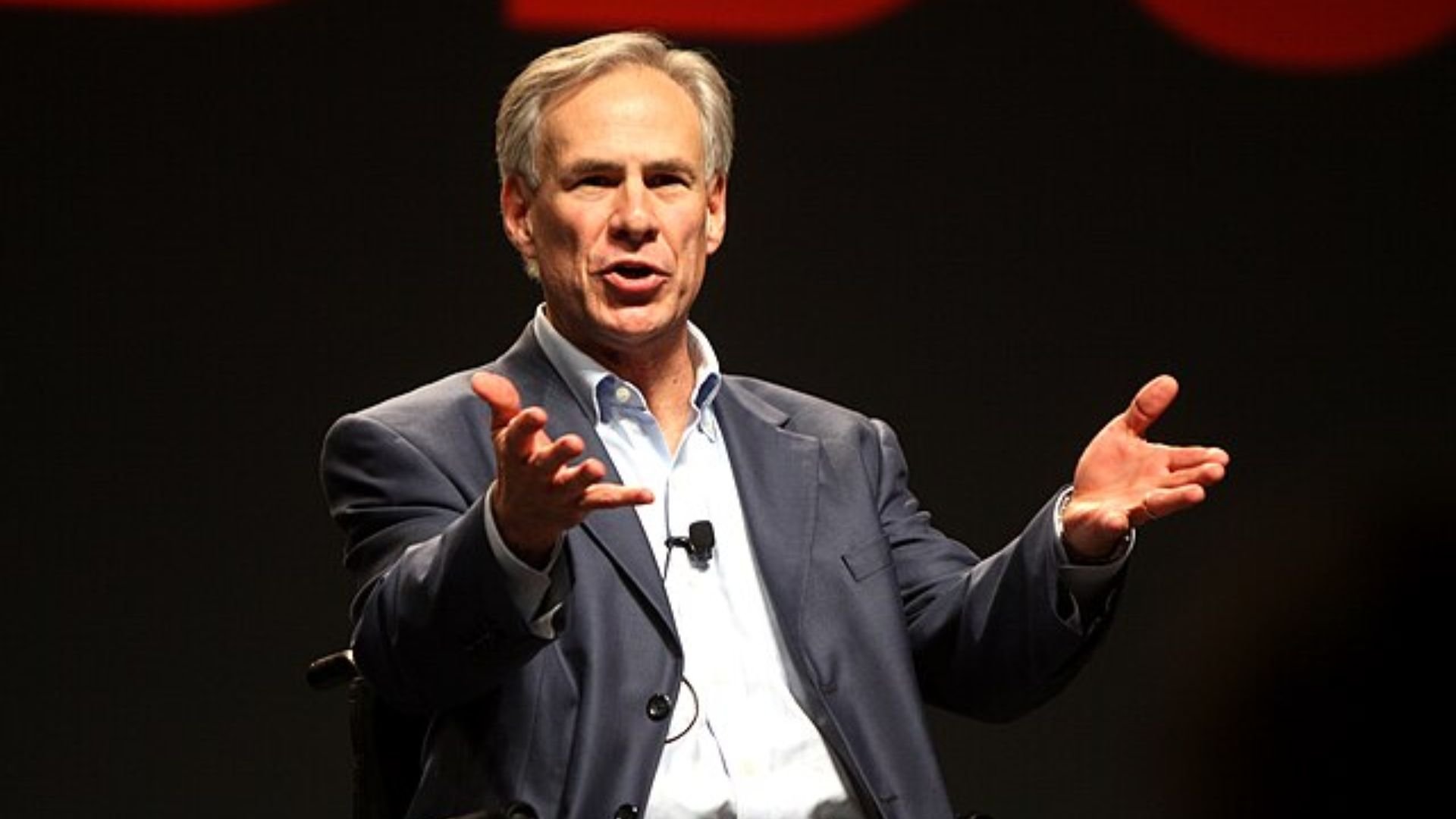
At the RNC, Abbott addressed a cheerful crowd where he vowed to continue bussing migrants until the border problem has been solved.
“We have continued busing migrants to sanctuary cities all across the country,” Abbott said. “Those buses will continue to roll until we finally secure our border.”
Migrant Numbers Falling
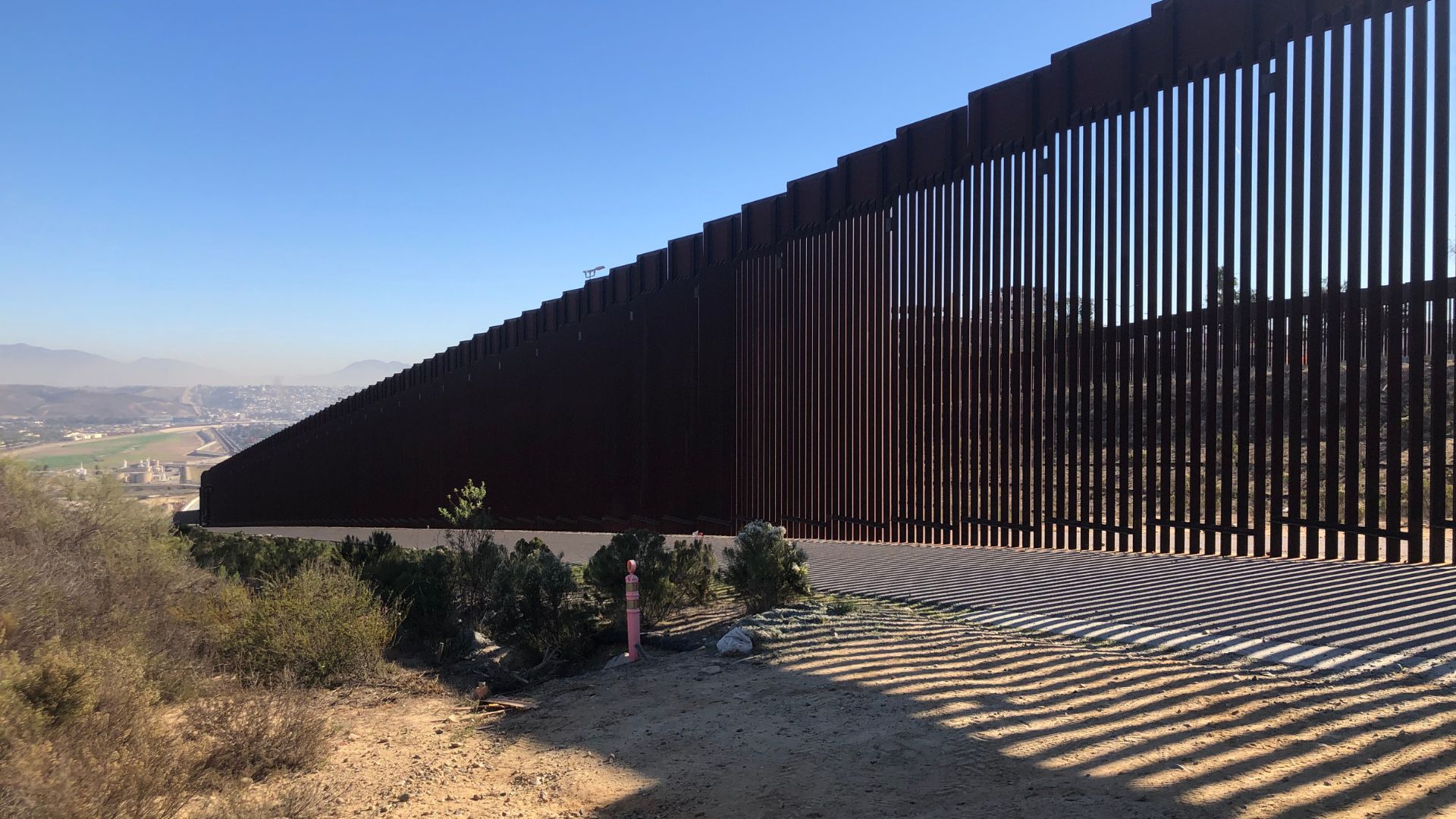
In December, the US border saw a historic number of over 300,000 encounters, which had many border advocates worried as American cities braced to deal with a humanitarian crisis.
However in June of this year, this number decreased to only 84,000 crossings, the lowest number in Joe Biden’s presidency.
Migrant Buses Slowing Down
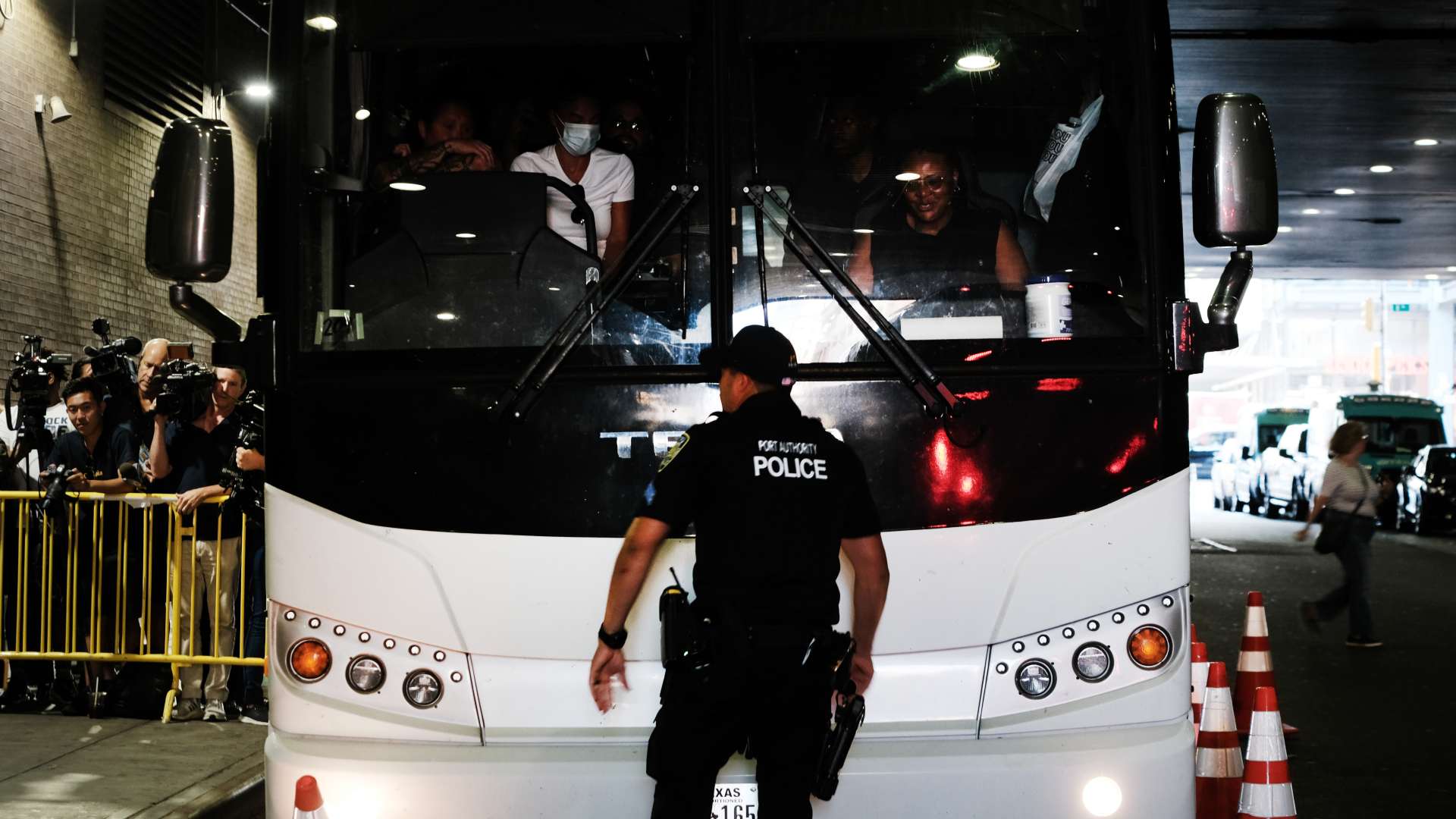
According to Josh Goldfein, a staff attorney for the Legal Aid Society of New York, this migrant crossing decrease has led to a noticeable decline in the regularity of new migrant buses arriving.
“They now come much less frequently,” said Goldfein, “because they don’t have enough people to cross the border to fill up a bus.”
Last Buses
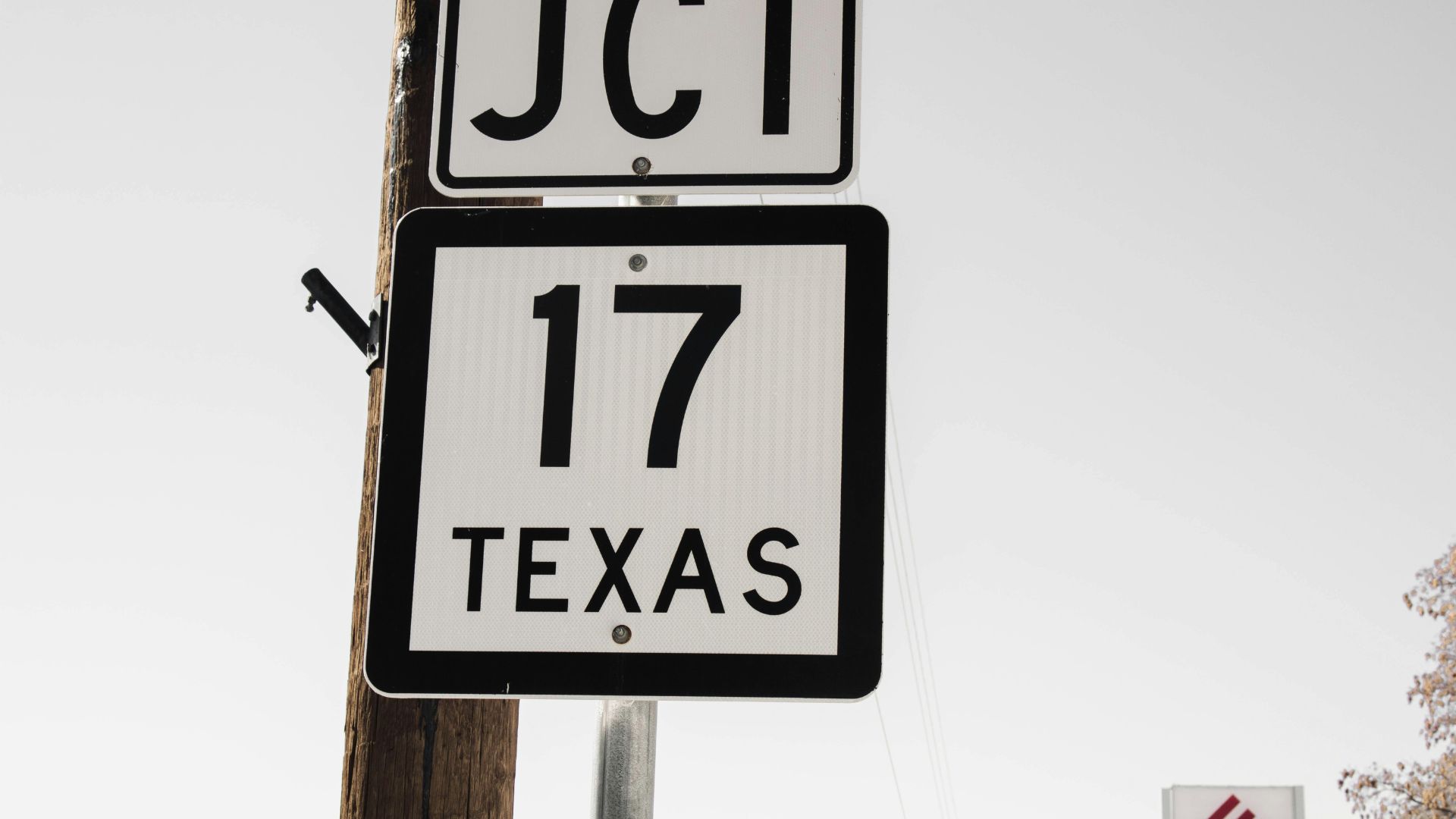
Local officials told NBC News that it has been several months since large numbers of migrant buses have left some Texas border towns like Del Rio and McAllen.
NBC reports, citing anonymous sources, that the last buses that left from Laredo and Brownsville rolled out in January.
El Paso Buses

According to nonprofits that serve migrants in El Paso, the number of buses leaving has dropped significantly there as well.
“The opportunity exists for buses every Wednesday if the need is there,” said Bill Irvin, of the nonprofit Opportunity Center for the Homeless. “And honestly, I have not had the need to use those buses from here for six to eight weeks. But that shows you how low the census has become amongst all of the shelters here in El Paso.”
Other Reasons For the Decrease
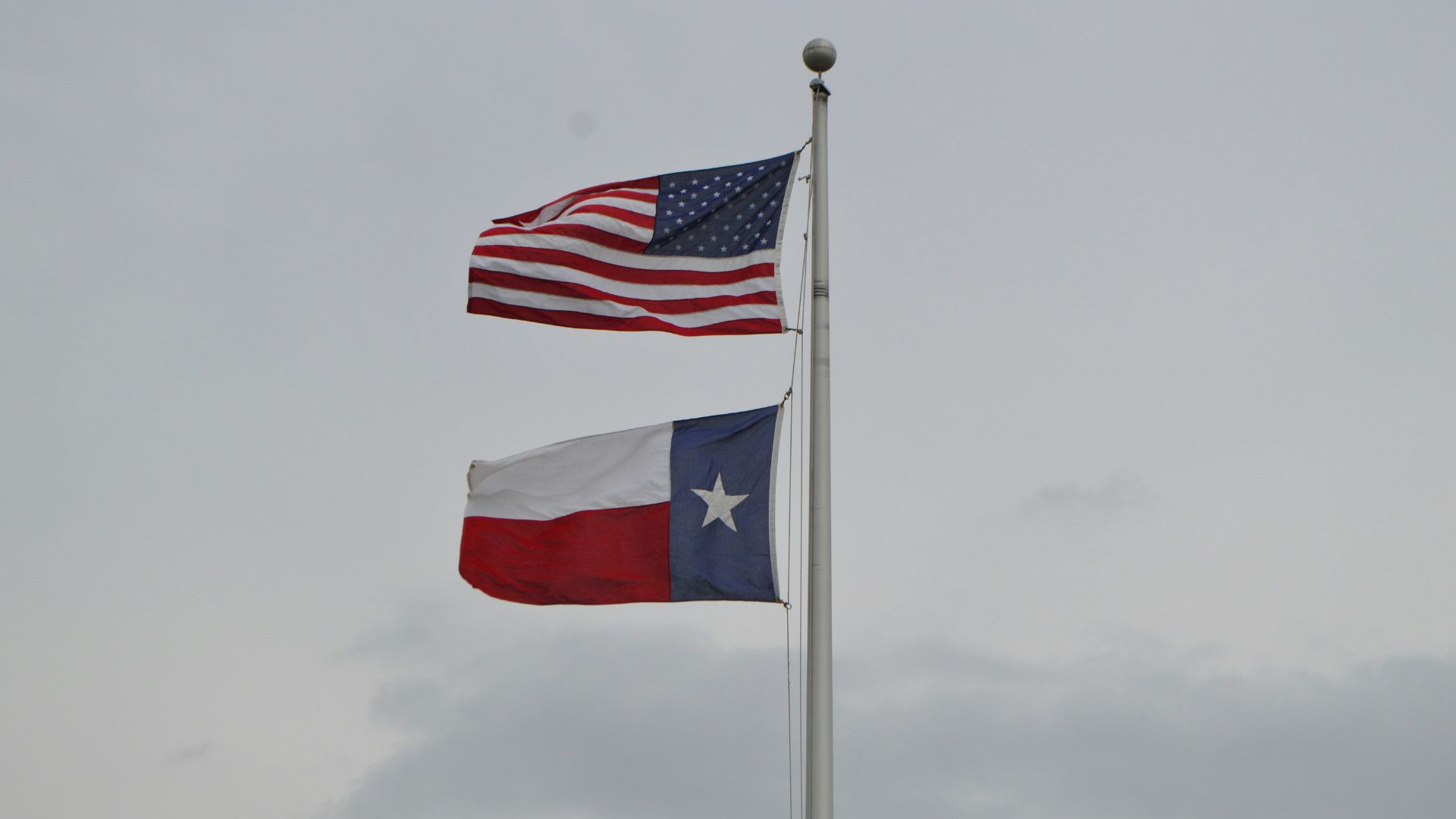
A spokesperson for the Texas Division of Emergency Management said the recent change was “due to the number of individuals processed and released by the federal government in overwhelmed border communities, which have an impact on passenger numbers.”
“The season/weather conditions seem to have an impact as well,” the spokesperson said in an email to NBC.
No Arrivals

The NBC report documents that multiple cities that received buses in the past have asserted they have not received any from Texas since the beginning of the year.
The latest bus in Philadelphia last December arrived with 27 people, according to a spokesperson in the Office of Immigrant Affairs for the city.
Taking Credit
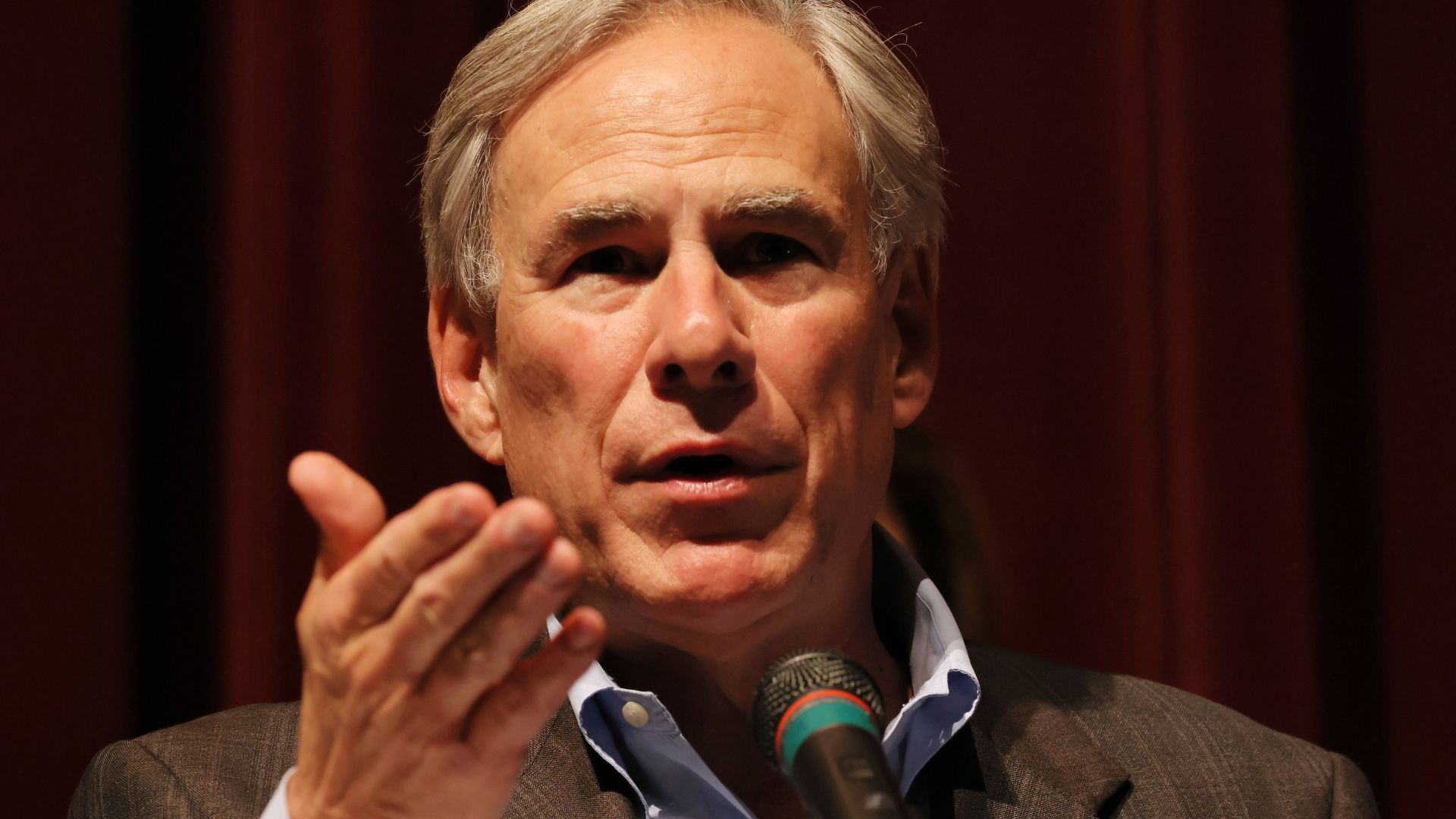
Andrew Maheris, a spokesperson for Abbott, acknowledged the slowdown in migrant buses but attributed this decrease to successful border strategies employed in Texas.
“Texas has decreased illegal crossings into the state by 85% thanks to our historic border mission,” the spokesman, Andrew Maheris, said. “Fewer illegal crossings into Texas means there are fewer buses departing for sanctuary cities.”
Operation Lone Star
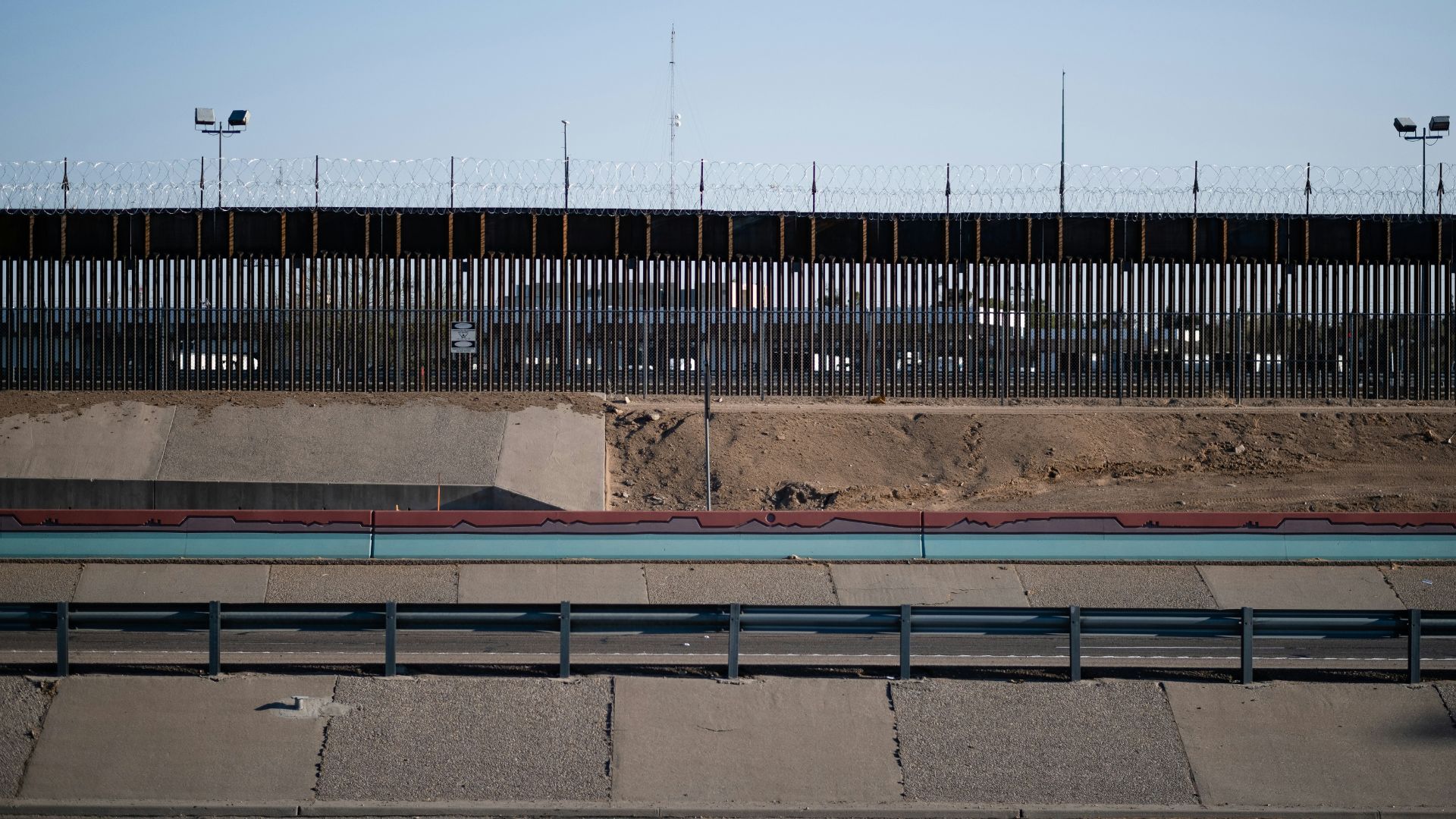
In 2021, Abbott launched “Operation Lone Star” as his way of cracking down on migrant crossings at the southern border.
As of April, the program had spent $11 billion of taxpayer money, some of which includes funding to transport over a hundred thousand migrants to Democrat-controlled cities like New York and Chicago.
Touting the Plan
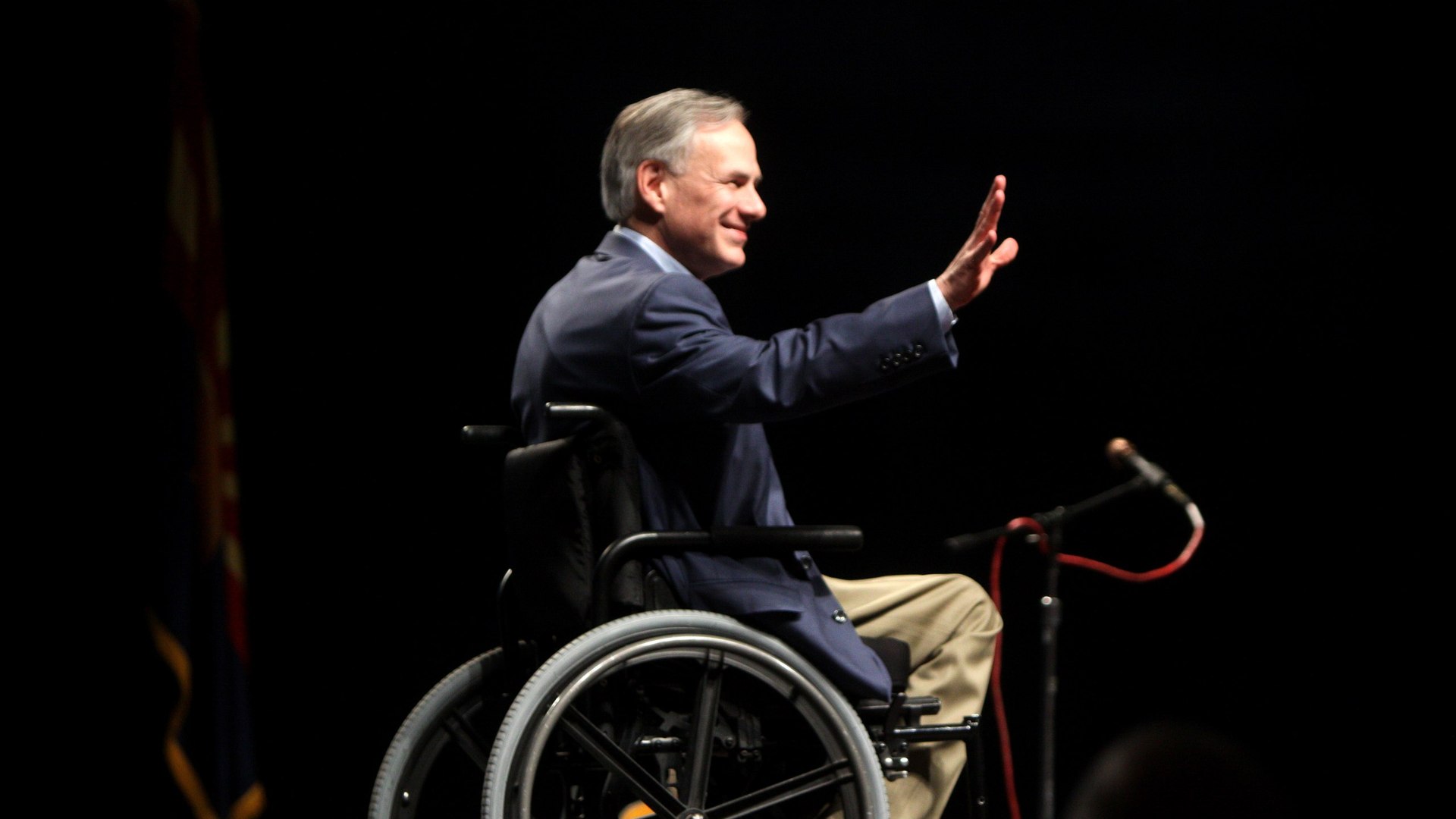
Abbott has credited his Operation Lone Star plan with making the borders safer and stemming the influx of migrants.
“We are having a profound impact in stopping the flow of illegal immigration into the state of Texas,” Abbott said in a television interview earlier this year.
Advocates Disagree
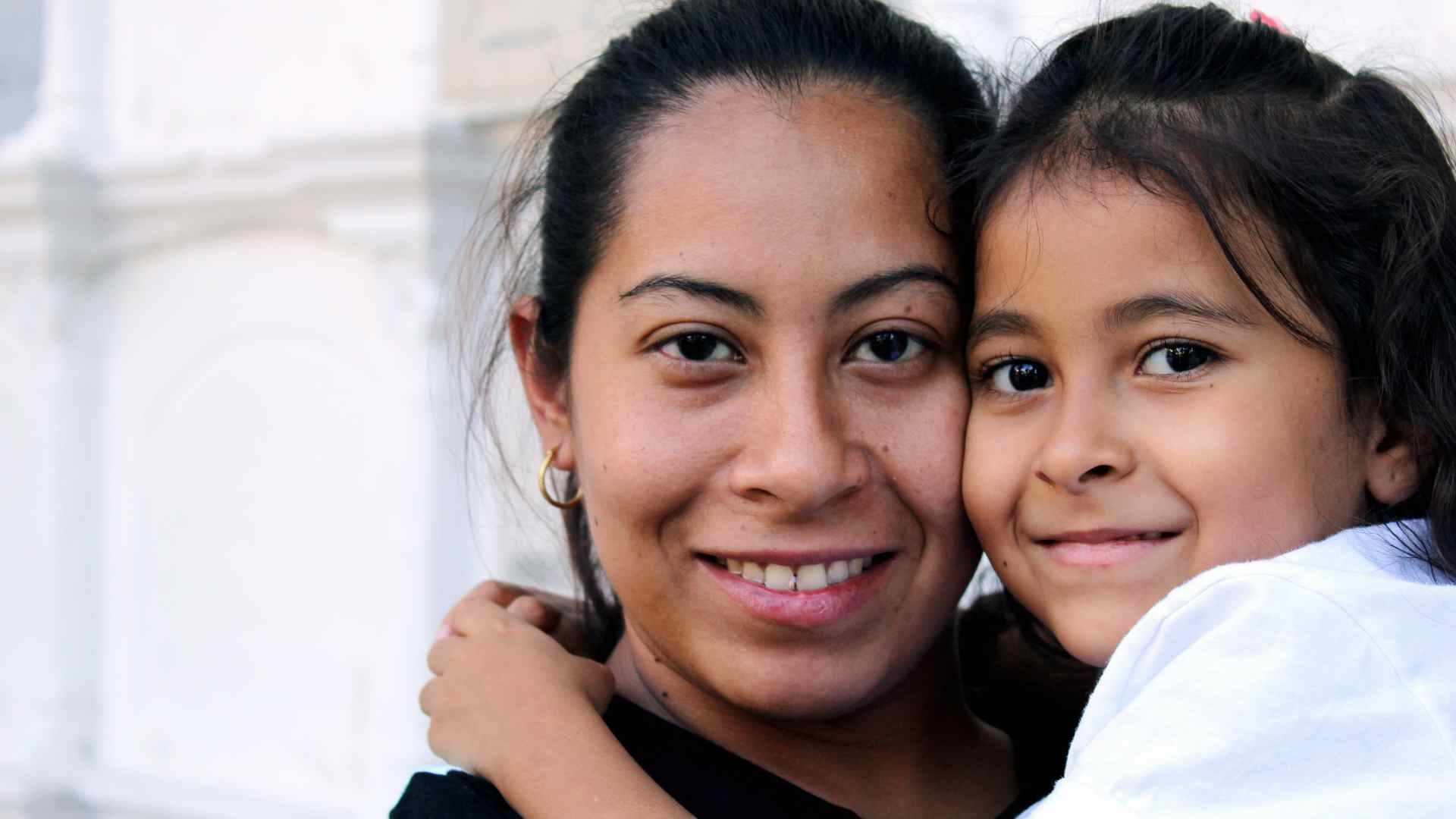
However, immigration advocates and critics of the policy feel there are many factors at play and the governor cannot take credit for the reduced numbers.
“He can, with no evidence and no real deep analysis, claim all the credit he wants to — and good for him,” said Tony Payan, director of the Center for the United States and Mexico at the Baker Institute, a nonpartisan policy research organization based at Rice University in Houston. “But those of us who have been looking at immigration for a long time would probably be a lot more skeptical.”
